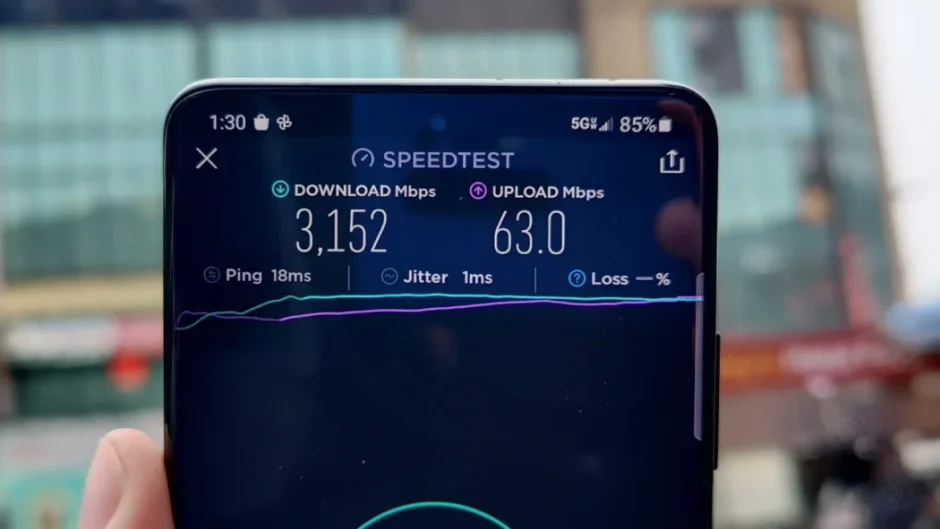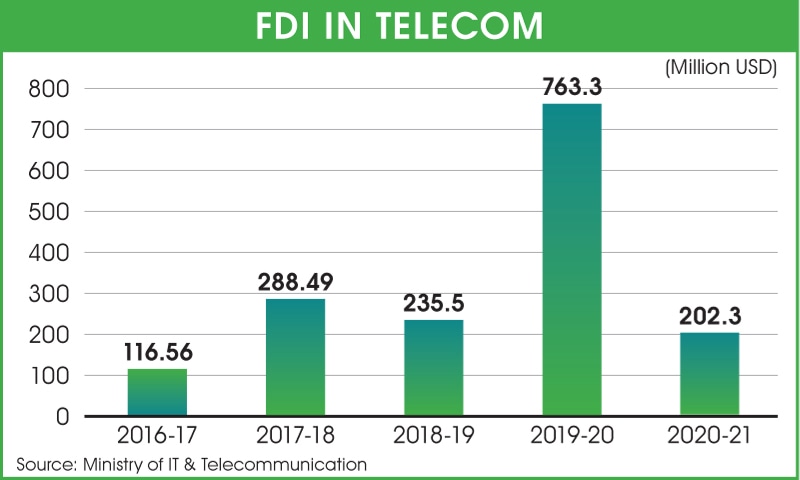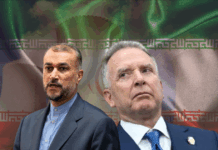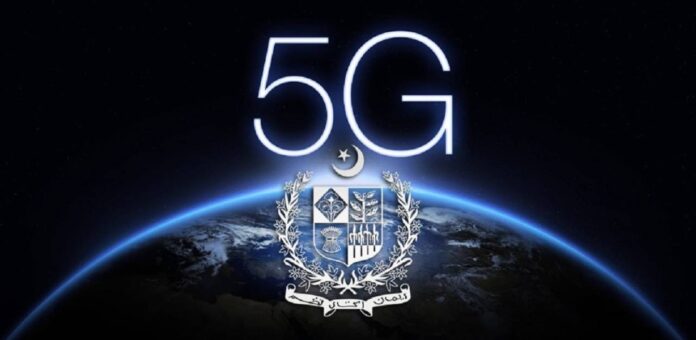Pakistan’s 5G launch has been delayed, notwithstanding repeated assurances since 2021. The setback angers consumers, businesses, and investors seeking high-speed internet and digital growth.
The successful launch of 5G would add to GDP, allow for smart services, and bring Pakistan on par with regional peers. However, the timing is still unclear.
Let us review the major reasons 5G remains elusive in Pakistan.

Legal Issues Regarding Spectrum & Regulatory Hurdles
Courts have suspended portions of the 5G auction of the spectrum, freezing around 146 MHz of the originally planned 196 MHz. Ongoing legal hurdles against bands at 2600 MHz, 2100 MHz, and 1800 MHz remain on the way. The Spectrum Advisory Committee hasn’t met yet since pricing and allocations are still legally held up.
Ufone and Telenor Merger is Stalled
The planned Ufone (PTCL) and Telenor Pakistan merger is stalled at the review stage at the Competition Commission because of incomplete filings. Uncertainty has been the fate of this deal, deterring investments and delaying auctions. Regulators will not advance until the merger is sorted out, causing a cascading delay throughout the process.
High Taxes & Poor Business Climate
Pakistan is amongst the lowest globally in average revenue per user (ARPU). Telecom operators point to heavy taxation, 15% withholding and as much as 19.5% sales tax, and low smartphone penetration (more than 40% are still using non-smartphones) as the reasons they cannot afford 5G infrastructure commercially.
Low Active Spectrum
Pakistan has only 274 MHz of active spectrum, well below the ITU-recommended 840 MHz for mobile broadband. Besides, poor power, regular blackouts and high commercial tariffs, and the absence of strong fibre backhaul networks provide no support for keeping 5G networks financially and technologically viable.
Policy Inconsistency & Weak Government Plan
Since 2021, governments have consistently made 5G auction announcements and then failed to meet deadlines. The Spectrum Auction Committee has not met since June 2025. Telecom policy changes, conflicting orders, and a lack of a clear digital roadmap instil operators with no faith in a clear, stable direction.

Pakistan is at a turning point. Delayed 5G not only holds citizens back from faster internet, but it erodes economic digitalisation and dilutes tech competitiveness in South Asia.
The government needs to pull back quickly from legal cases, close telecom mergers, revamp tax and energy policy, auction spectrum smartly, and provide a clear, consistent rollout plan. Without the above, 5G can remain a promise, not a reality.
Stay tuned to Brandsynario for latest news and updates




































